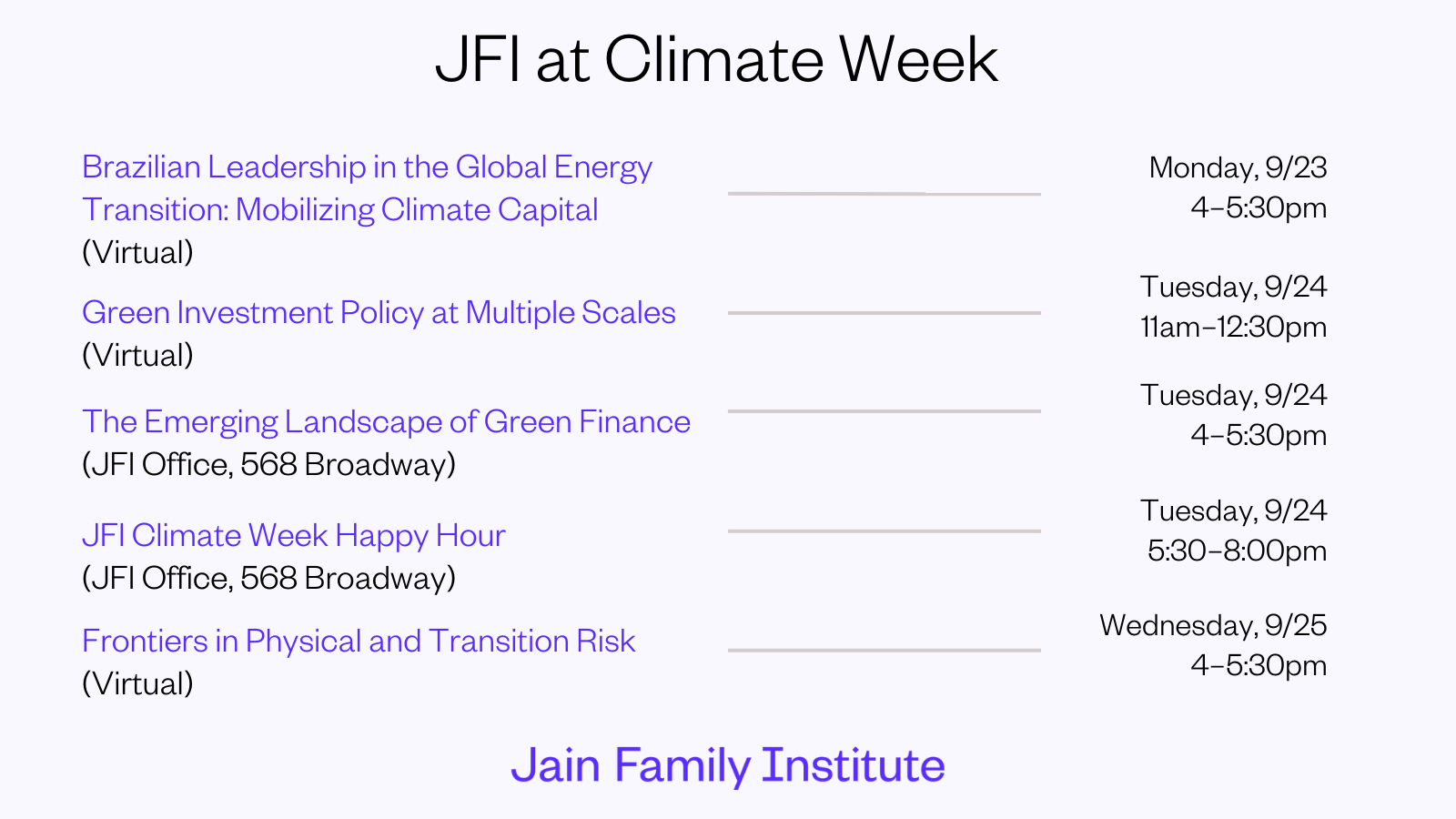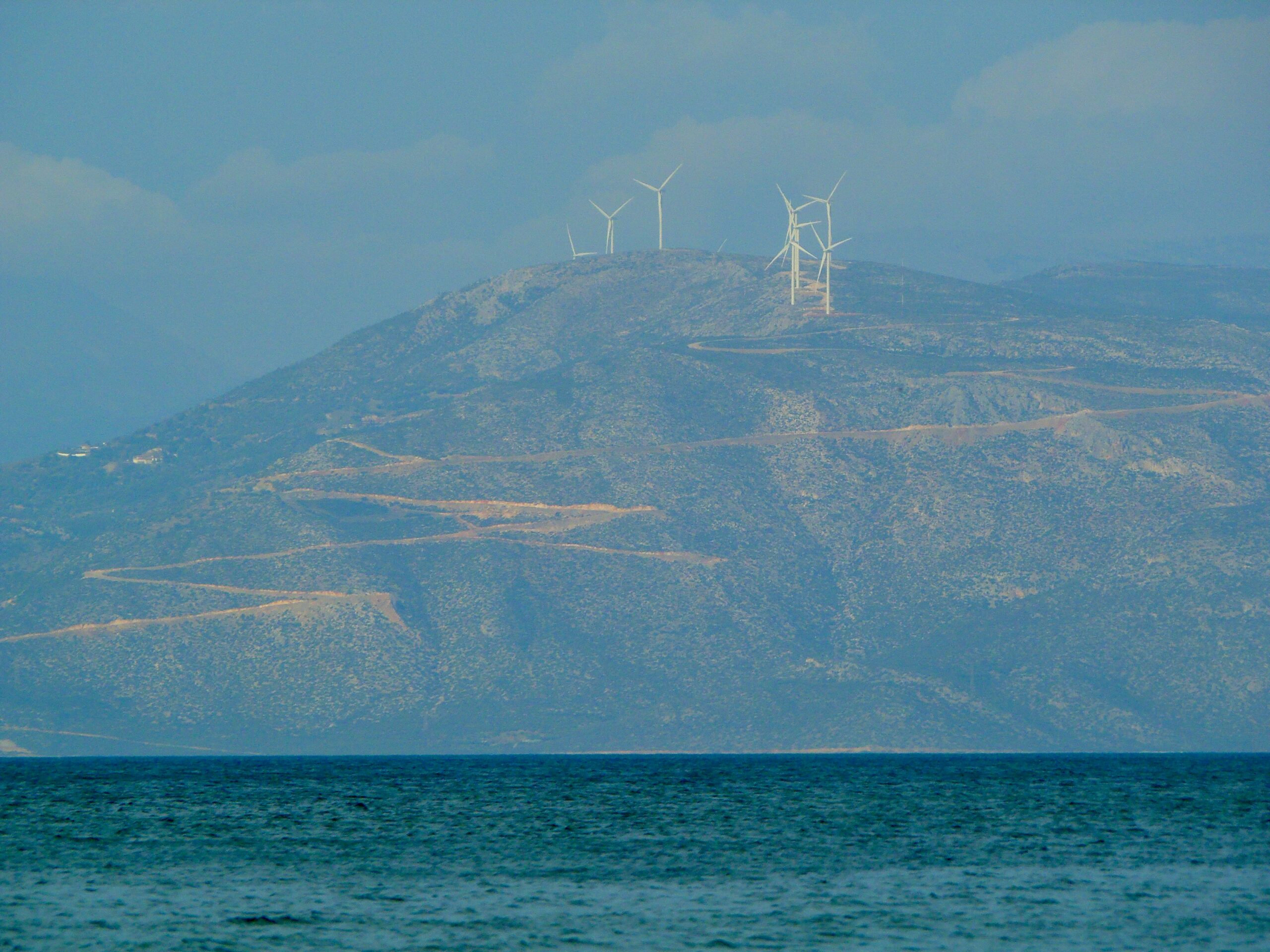Live Twitter chat – free higher ed, austerity, & other histories from Kim Phillips-Fein

On March 11, based on our in-depth interview on Phenomenal World with historian Kim Phillips-Fein, author of Invisible Hands and Fear City, we hosted a live Twitter Chat to discuss some of the rich histories and anecdotes uncovered in that interview. Historians of labor union organizing, education, austerity, and US politics weighed in on ten main questions that arose from the interview. The rich discussion that followed can be revisited on Twitter by searching #JFIchat, but here is an archive of that chat as well.
Topics covered included urban austerity measures, anecdotes on resistance to such measures from the 70s, and free higher education, among others.
Our primary Twitter Chatters were JFI Senior Fellow and economist Marshall Steinbaum, historian Daniel Kuehn of the Urban Institute, Economist Anastasia Wilson, labor union historian Erik Loomis, Princeton history PhD David Astin Walsh, as well as JFI leads on Higher Education Finance and Guaranteed Income, Laura Beamer and Stephen Nuñez, respectively.
Before the fiscal crisis, NYC had “a large network of public hospitals, clinics, and daycare subsidies” which were subsequently cut.
What does this history tell us about public health and healthcare in the US? #JFIchat https://t.co/m9wOZlNf8Z pic.twitter.com/kJ597Zekpc
— JAIN FAMILY INSTITUTE (@jainfamilyinst) March 11, 2020
Historian Kim Phillips-Fein describes how the 70s fiscal crisis in NYC brought an atmosphere of “fear coming from the upper floors of skyscrapers & conference rooms—fear of bankruptcy, fear of failure, fear of chaos.” #JFIchat 1/https://t.co/m9wOZlNf8Z
— JAIN FAMILY INSTITUTE (@jainfamilyinst) March 11, 2020
New Deal Debates & Later Austerity
The interview featured illustrative examples of the perception of welfare policy inherent to expanded public services that were part of the New Deal. The debate to curtail public services after the New Deal were highly influential as a precedent for modern arguments in favor of austerity measures and limited social services.
The history of the New Deal makes it pretty clear which constituencies government policies were/are built to serve: see also Ira Katznelson’s White Affirmative Action Was White. #JFIchat https://t.co/thabWku7nr
— anastasia c. wilson (@anastasiawils) March 11, 2020
I think this is largely right, although @zeithistoriker and others have recently done work on neoliberal embraces of populism, which is another dimension of this to consider. The obvious cases are Rothbard and Pat Buchanan… /1 #JFIchat
— Daniel Kuehn (@D_Kuehn) March 11, 2020
What does the history of the New Deal tell us about which constituencies gov’t policies are built to serve? When have there been potentially racialized descriptions of welfare, labor, or public investment? #JFIchathttps://t.co/m9wOZlNf8Z
— JAIN FAMILY INSTITUTE (@jainfamilyinst) March 11, 2020
INVISIBLE HANDS describes the role of elites in opposing the New Deal — & again with NYC social reforms in the NYC fiscal crisis of the 70s.
What are the most telling examples of this elite influence in social movements or union organizing? #JFIchathttps://t.co/m9wOZm4Q0x pic.twitter.com/VuGzvJuRfG
— JAIN FAMILY INSTITUTE (@jainfamilyinst) March 11, 2020
The Role of Fear in Social Movements & Economic Downturn
Maybe fear reminds us that another world is indeed possible. 2/2 #JFIchat
— anastasia c. wilson (@anastasiawils) March 11, 2020
Higher Education as a Right or Privilege
Phillips-Fein notes that tuition at NYC public colleges (CUNY) only started after open admissions—suggesting a potential racial backlash.
How has the debate over higher ed—as a public or private good, per @CaitlinZaloom—been framed historically? #JFIchathttps://t.co/m9wOZlNf8Z pic.twitter.com/ZPQDCUvGIq
— JAIN FAMILY INSTITUTE (@jainfamilyinst) March 11, 2020
Why not both? I don’t really see any contradict ion – someone teaching me something increases human capital though social interaction as a mechanism. #JFIChat
— Matt Darling (@besttrousers) March 11, 2020
I think I should say “contingent on social network structure,” as in the same person/group having different “human capital” depending on network position/power. But I am not going to pretend to have anything but inchoate thoughts on the matter.
— Stephen Nuñez (@socio_steve) March 11, 2020
I agree with what @besttrousers says about the production of human capital but I think the other thing you’re getting at here and also I think a point of @jfi_steve’s tweet is that returns and value varies with social context. I think this is clearly true. /1
— Daniel Kuehn (@D_Kuehn) March 11, 2020
I have a lot of human capital if I travel back in time pic.twitter.com/EhY9YLr2IX
— Matt Darling ️ (@besttrousers) March 11, 2020
Phillips-Fein says that, sans fiscal rationale, conservative ideologues—& the Ford administration—opposed NYC tuition-free college in the 70s.
What can be said of the right’s historic use (or not) of fiscal rationales to oppose social policy? #jfichat https://t.co/m9wOZm4Q0x pic.twitter.com/KXMvjio50f
— JAIN FAMILY INSTITUTE (@jainfamilyinst) March 11, 2020
“..which had the greatest number of schools close. Parents did try to keep the schools open, but they weren’t able to do it in most cases. So again, the question of essential services: Essential for whom? Essential under what circumstances, and at what level of quality?” /2
— JAIN FAMILY INSTITUTE (@jainfamilyinst) March 11, 2020
That time structure of costs and benefits is important analytically but separate from whether those costs and benefits are public, private, or both. I revisited Becker’s book this morning and even he talks about how there are public benefits to consider in financing. /3 #JFIchat
— Daniel Kuehn (@D_Kuehn) March 11, 2020
Related
JFI at Climate Week
JFI and our affiliate initiative, the Center for Active Stewardship, are hosting a series of events during NYC Climate Week.
Climate Week with JFI, CAS, and CPE: In-person panel
How will the green transition be financed in the US?
Nolan Lindquist speaks with Robert Eccles about ESG
On JFI's affiliate Center for Active Stewardship and trends in ESG investing.


